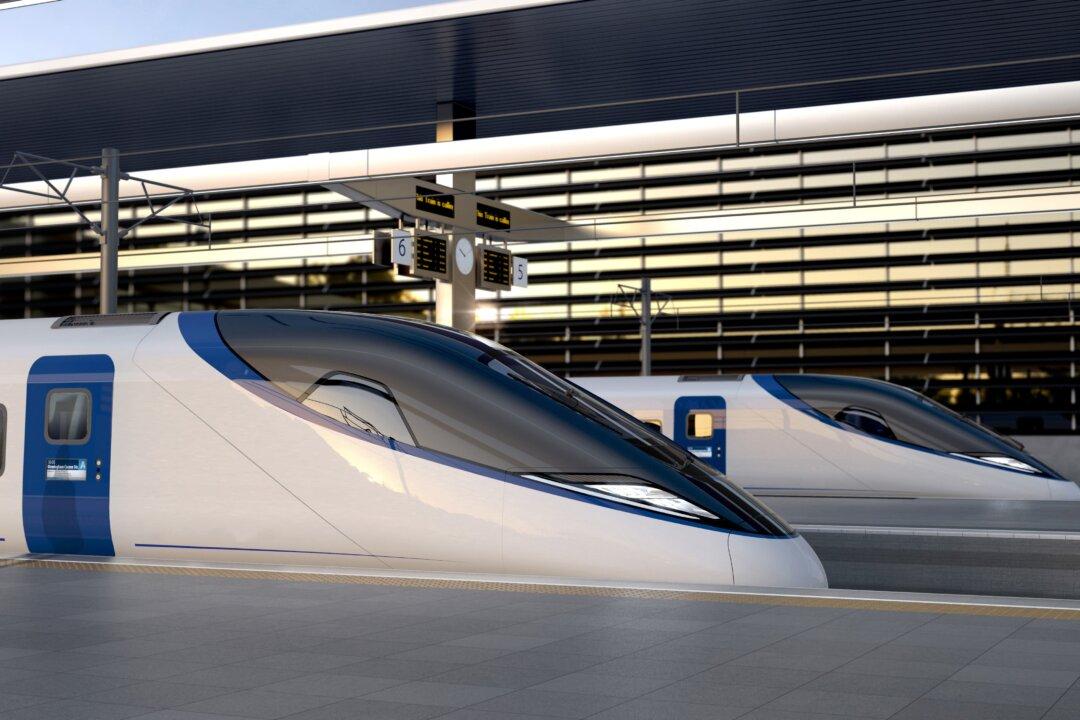The prime minister’s official spokesman has remained tight-lipped amidst mounting speculation about the fate of the zero-carbon, high-speed rail project, HS2.
Speculation is rife over whether the leg of HS2 connecting Birmingham to Manchester may be scrapped or delayed in the near future due to escalating costs.





